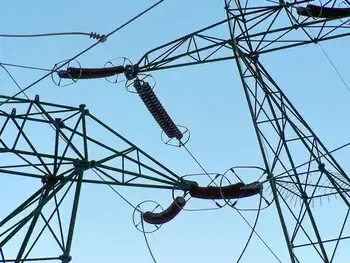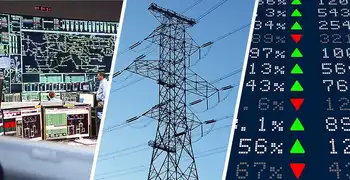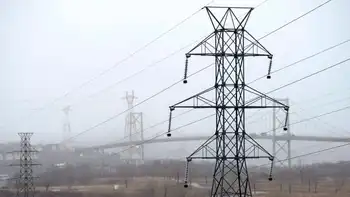NJ PSC OKs Plan For Consumers To Generate Their Own Power
- In a move designed to reduce demand for electricity throughout New Jersey and increase the efficiency of its transmission system, state energy regulators Wednesday approved a plan that would allow customers to produce their own power with small generating units.
In a separate but related decision, the Public Service Commission also said the state's six investor-owned utilities can charge special rates for these so-called self-generating customers who remain connected to their local power company's distribution lines for backup power. The rates will be based on the utility's cost of delivering electricity.
"By making it easier for customers to generate their own electricity, we reduce the demands on the local utility system and improve the system's efficiency," PSC Chairwoman Maureen Helmer said.
The plan calls for New Jersey utilities to evaluate their power delivery requirements from 2001-2003 and to identify any needs that could be met through distributed generation, so called because it can be located or "distributed" throughout a utility's service territory. The power companies could then award contracts to customers who submit proposals that can eliminate or reduce the utility's need to expand its distribution system, the PSC said.
Applicants must prove technical competence and financial stability and comply with federal, state and local permitting processes, the commission said.
The utilities and regulators will evaluate the success of the program at the end of 2003.
Related News

Ukraine Leans on Imports to Keep the Lights On
UKRAINE - Russia's ongoing war in Ukraine has extended far beyond the battlefield, with critical infrastructure becoming a target. Ukraine's once-robust energy system has sustained significant damage from Russian missile and drone strikes. To cope with these disruptions and maintain power supplies for Ukrainian citizens, the country is turning to record-breaking electricity imports from neighboring European nations.
Prior to the war, Ukraine enjoyed a self-sufficient energy sector, even exporting electricity to neighboring countries. However, targeted attacks on power plants and transmission lines have crippled generation capacity. The situation is particularly dire in eastern and southern Ukraine, where ongoing fighting has…




